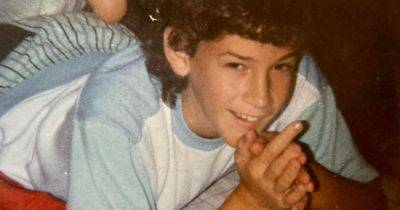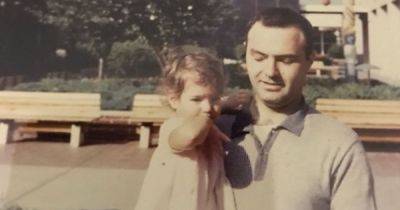I Kept My Childhood Shame A Secret For Years. Now It's Time To Be Honest About Who I Really Am.
Scrolling through Instagram recently, I stopped on a post. It was meant to be a joke — a word intentionally spelled the wrong way and its meaning misinterpreted because the person posting it supposedly had dyslexia. In the comments, someone said, “As a teacher, I find this exceedingly humorous!!!”
I didn’t find it funny at all.
You probably wouldn’t either if you had spent most of your life trying to prove a stereotype wrong and still found yourself unexpectedly becoming the butt of jokes. It doesn’t take much to discover what the average view of dyslexia is — a quick Google search for “memes about dyslexia” will provide various examples.
And it isn’t just online. Over the years, I’ve been in more rooms than I can count where some unknowing person made an offhand comment about being dyslexic. They used it as a way to describe themselves or someone else when they made a mistake, fumbled through something or had an off day, with remarks like “They’re having a dyslexic moment” or “I can’t read today, I must be dyslexic.”
I was diagnosed with dyslexia in the third grade. As a child in the 1980s, I was labeled “stupid” and “slow.” I was told that my diagnosis wasn’t real and that I just wasn’t trying as hard as the other kids. I remember the shame of being pulled out of “regular” classes to go to the resource room (where it was known “the dumb kids” were sent).
I spent years in school fighting to get into classes I believed I deserved to attend despite my learning disability. I wasn’t encouraged to do so by teachers or administrators. Having children with learning disabilities in classrooms often means more work for the teachers as well. It’s easier to push those kids through school by keeping them in the lowest-level







